| Clutching My Pearls is about Jane Austen and the times she lived in. The opinions are mine, but I don't claim originality. Much has been written about Austen. Click here for the first in the series. |
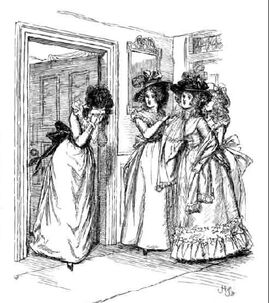 Marianne heartbroken over Willoughby
Marianne heartbroken over Willoughby Big sister Elinor wants Marianne “to treat our acquaintance in general with greater attention.” Evidently she’s brought this failing up often enough so that Edward Ferrars is aware of it, after having lived with the family for a few weeks back at Norland. During his later visit to Barton Cottage, he teases, "'You have not been able to bring your sister over to your plan of general civility. Do you gain no ground?'
'Quite the contrary,' replied Elinor, looking expressively at Marianne."
Marianne falls in love with the dashing Willoughby and is heartbroken when he leaves. She has no patience for company, and gives offense by turning down Lady Middleton’s offer of a card game: “Marianne... with her usual inattention to the forms of general civility, exclaimed, 'Your Ladyship will have the goodness to excuse ME—you know I detest cards. I shall go to the piano-forte..."
Elinor catches Lady Middleton’s reaction, and tries to smooth things over with a compliment...
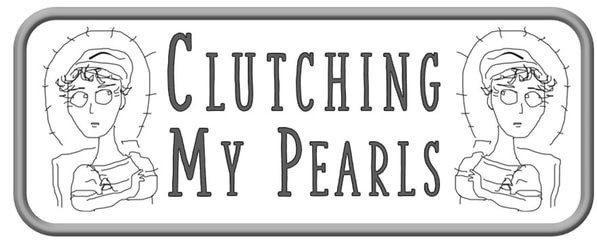
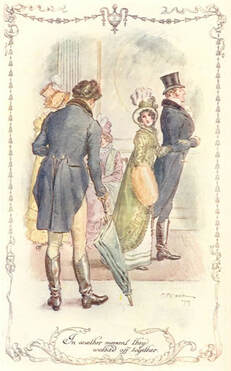

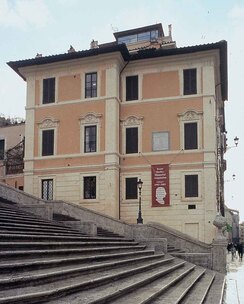
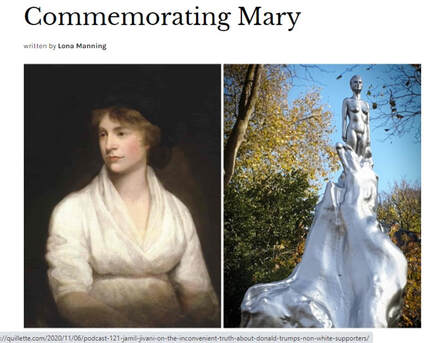
 RSS Feed
RSS Feed